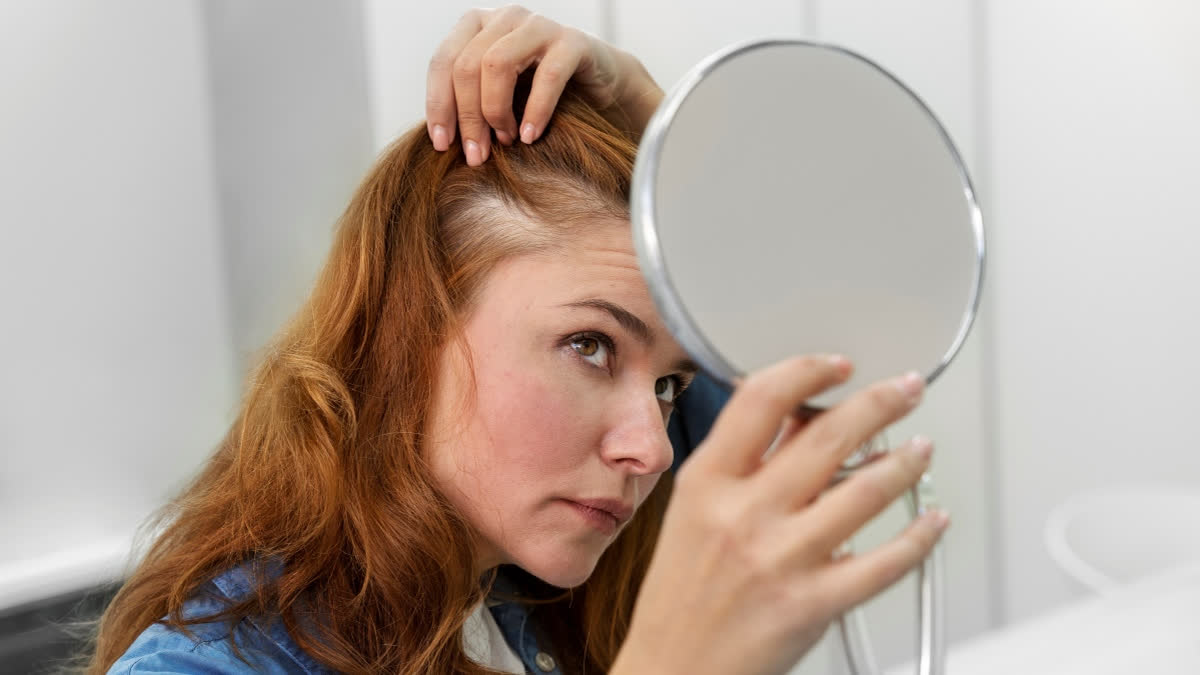Stress and mental health challenges often manifest in ways we least expect, and one such surprising outcome is hair loss. Hair is often seen as a reflection of our overall well-being, but when we face prolonged mental distress, the effects can run deeper than we realize. As World Mental Health Day brings attention to the significance of mental well-being, we got in touch with Dr. Rinky Kapoor, Dermatologist and Medical Advisor, QR678® to understand how emotional strain impacts physical health, including the condition of our hair.
How mental distress triggers hair loss
The connection between mental health and hair loss is more than skin deep. “Stress, anxiety, and depression can disrupt the normal hair growth cycle, leading to a condition called telogen effluvium,” says Dr Rinky Kapoor.During this state, a significant number of hair follicles are pushed prematurely into the resting phase, causing excessive shedding. This disruption often occurs after prolonged periods of mental or emotional distress, with hair loss sometimes appearing months after the initial trigger.
The vicious cycle
Hair loss itself can become a source of emotional turmoil. As individuals notice thinning hair or bald patches, their self-esteem can take a hit, exacerbating existing mental health issues. Several researches indicate that stress levels in alopecia patients are comparable to those in individuals with chronic, life-threatening illnesses. This creates a vicious cycle: stress leads to hair loss, which in turn heightens anxiety and deepens mental distress.
